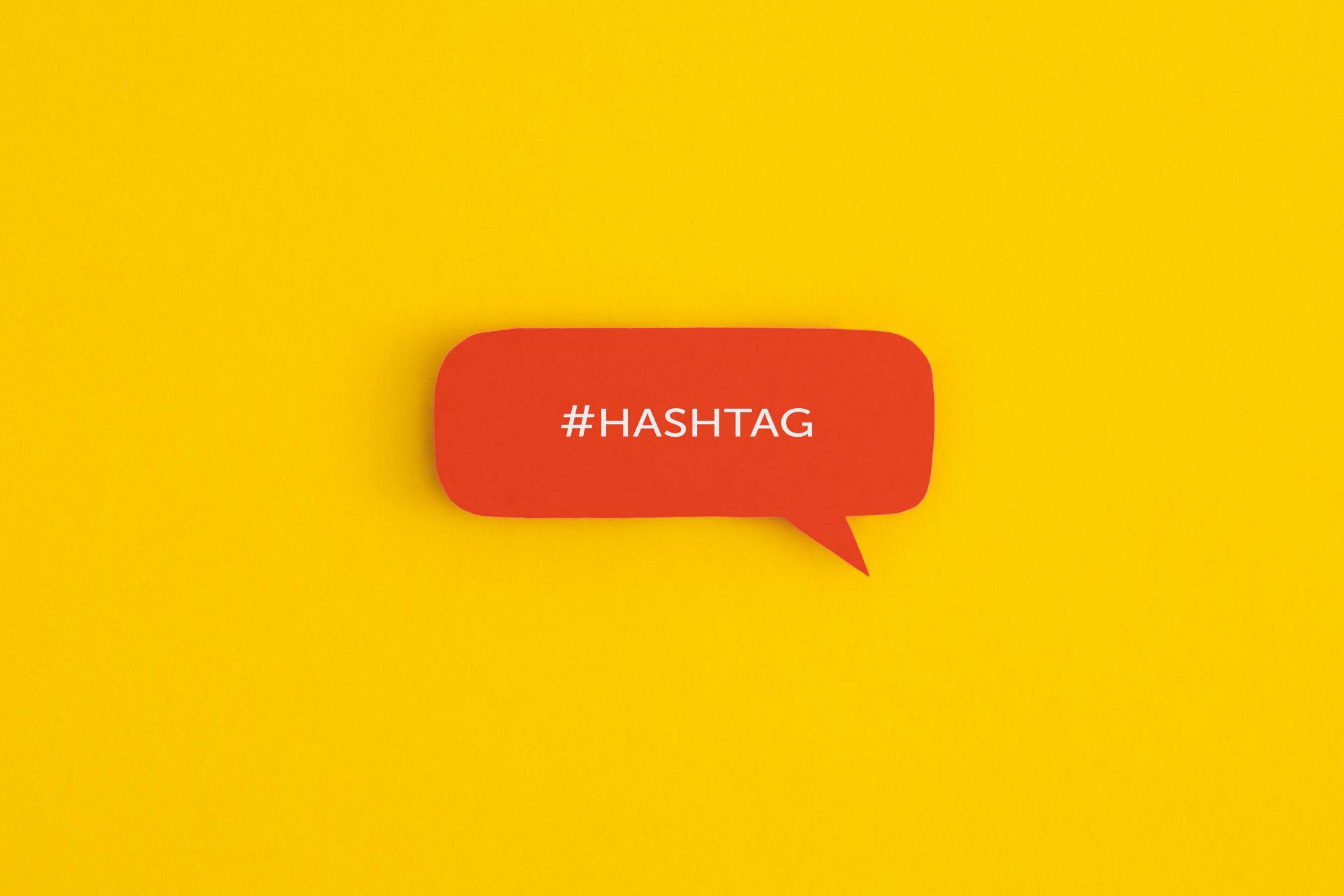We have witnessed a decade of digital media expansion in India, the world’s second-largest Internet user domain, to propose the idea of “millennial India.” Millennial (1981- 1996) India highlights the processes of digitalization as a distinct socio-political, economic, and environmental moment entailing new conditions of communication and the stakes of “millennials” who are drawn to digital media to articulate these matters. These processes have led to a democratization of public participation through the self-activity of online users. The increasing tech-savvy world is on the top of the list because youth want to be ‘woke’. The ‘woke’ is a GenZ (born between 1997-2012) term to be awake and aware of the injustice in society, to become more active with their opinion.
With the increase in popularity of social media, it has created an innovative platform for promotions and publicity along with entertainment. Social media has become a forum to discuss woke topics. Such as the use of the #metoo movement, which created a revolution for humans in every possible industry. American activist Tarana Burke sparked this movement in 2006, but it failed. Again in 2017, it spread all over the world, including India, where the accusers were taken into legal custody. Another such event, #Blacklivesmatter- with the killing of George Floyd by a US Police officer in May 2020, this movement spread like fire all over the world through social media with a message to look upon. The revolutionary event #FridaysforFuture also known as the school strike for climate change, was a protest movement led by Swedish activist Greta Thunberg. Many students skipped going to school, protested all over the streets on environmental protection for climate change, and urged the leaders in authority to initiate actions and save the climate before it’s too late. These events were peaceful, and the movement was a ‘woke’ to create a change within our system. These events went viral all over social media. The use of social media is a boon as well as a bane. Perhaps, how we consume it is important.
Spreading fake news, destroying an individual’s image, trolling, etc., should not be glorified. Giving a perception or an opinion is perfectly right, but if it becomes intolerable, then it should be discarded. Stress, lower self-esteem, depression, self-harm, and suicide ideation have become more prevalent amongst millennials due to the trolling. According to UNICEF, 1 in 7 Indians of the age group 15-24 feels depressed due to excessive use of social media. Technology, especially digitalization, has offered fantastic opportunities for everyone, but its appropriate usage is imperative in these times.
We tend to detach from the ‘real’ world and get attached to the ‘reel’ world. Be responsible enough while socially connecting that you don’t forget to ‘connect socially.’ Don’t let your digital space overpower your emotions. It is just a gadget for some purposes, don’t make it the ‘purpose of life.’
Ms. Kaumudi Shah is a Public Policy enthusiast and a researcher. She has previously worked as a copywriter in the area of advertising. She is Project Associate at the Public Policy think tank- World Intellectual Foundation.

